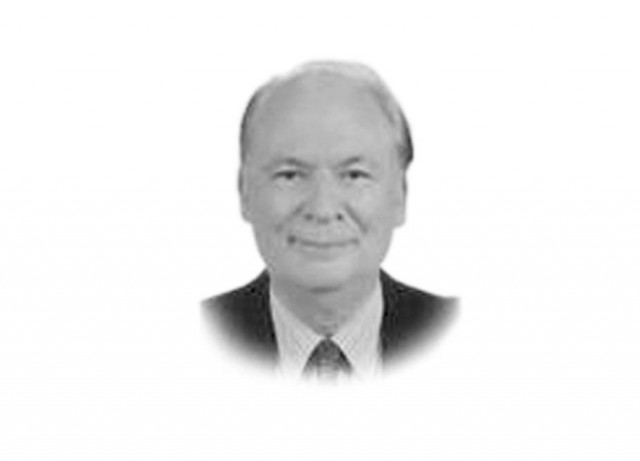Quetta as it once was
Quetta in early 1970s was a quiet, peaceful, sleepy town, where militants did not attack people of the Hazara tribe

anwer.mooraj@tribune.com.pk
The retired brigadier knew of a Chinese restaurant in the mall that served delicious food. The three of us put on our overcoats, mufflers and gloves and got into a taxi. We crossed a number of tea stalls where men wrapped in thick blankets sat huddled around a roaring fire munching samosas and drinking hot tea. We reached the restaurant, entered and were immediately struck by how cozy and warm it was inside. A guest was already seated. He turned out to be an Italian archeologist. A small meek man with horn rimmed glasses who probably referred to himself in the third person. The owner met us and greeted us warmly. For the food I did the ordering. Won Ton soup, egg fried rice, roast duck, sweet and sour fish, noodles and Swiss cheese. For the drinks Omar became the selector. He ordered Vodka for himself, the distilled essence of grain for the brigadier who had spent 10 years in Glasgow and still retained some of the Hi-land brogue. I stuck to the Murree Brewery. We had a corner table with a large window which was blurred on the inside by the condensation. Using my napkin I wiped a portion of the window and all I could see was a sheet of white similar to the white spaces in Japanese paintings.
The restaurant had started to fill up. In a corner were two middle-aged European women, probably Dutch, wearing large round white-framed sunglasses. A family consisting of a father whose face betrayed a testament to endurance and humiliation, was accompanied by a large florid woman with a divine amplitude of upholstery and four children, two boys and two girls who were engaged in trench warfare. They were causing so much commotion that the brigadier picked up a chopstick, strode across the room in measured tread, stopped at the offensive table and addressing the gang of four informed them that if they didn’t shut up for the rest of the meal he would make all four children sweep the snow from the road in front of the coal mines.
After that the two European women, the Italian archeologist, the harassed parents, Omar and I raised their glasses in silent toast and tribute. That was Quetta in the early 1970s, a quiet, peaceful, sleepy town, a smuggler’s paradise, where female shoppers were not molested, where militants did not attack people of the Hazara tribe, police stations and military installations, were still a caveat of the future. That Quetta, regrettably, has been buried forever.
Published in The Express Tribune, October 30th, 2016.
Like Opinion & Editorial on Facebook, follow @ETOpEd on Twitter to receive all updates on all our daily pieces.

















COMMENTS
Comments are moderated and generally will be posted if they are on-topic and not abusive.
For more information, please see our Comments FAQ